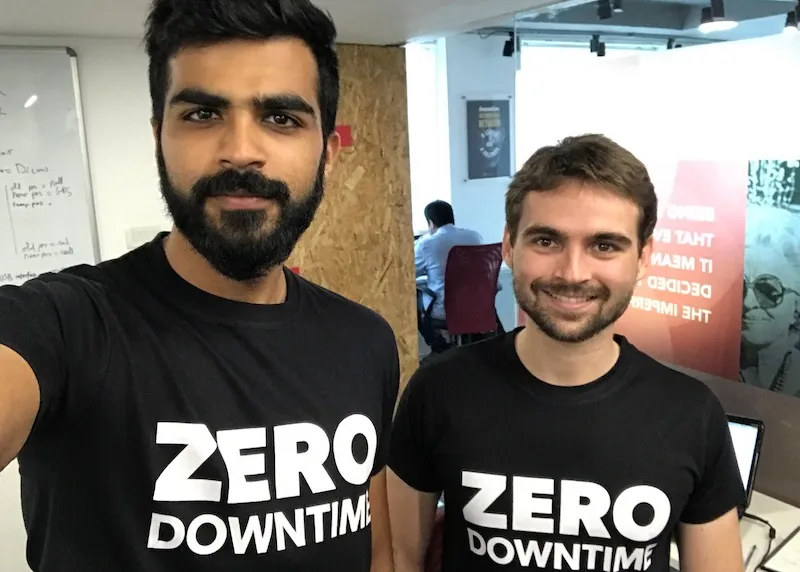Shell E4 start-up ION Energy launches advanced portable Lithium-ion battery
Energy storage start-up ION Energy has launched UDYR, an advanced portable lithium-ion battery. Earlier this year, ION Energy became a part of the Shell E4start-up hub in India.
Barely three months after its first acquisition, ION Energy, today, has launched UDYR - an intelligent, modular, and portable 48V lithium-ion battery. The company is a part of Shell E4 start-up hub in India.
Earlier in 2018, ION Energy acquired Freemens SAS, an industry pioneer in battery management systems and integrated software capabilities and barely three months after its first acquisition, ION Energy has launched UDYR - an intelligent, modular, and portable 48V lithium-ion battery.
With a solid presence in Europe, ION Energy plans to now expand manufacturing operations for its proprietary battery management systems to India to service the Asian market.

In addition to developing energy storage systems, ION will also license its proprietary and chemistry agnostic battery management systems and software applications to other battery-manufacturers and OEMs. The company will formally launch at The Battery Show Europe 2018 on 15th of May and will look to have a growing list of key customers.
Founded by a team of PhDs with over four decades of experience in advanced electronics and battery systems, ION is building deep technology to optimise battery performance and life-extension for the new era of electric vehicles, energy storage, and connected devices.
ION Energy is backed by Shell, OMC Power, and Sattva Capital, as well as various other energy industry veterans and angel investors. The company expects to raise additional funding in 2018.
UDYR - the advanced portable lithium-ion battery
UDYR is underlined by ION’s proprietary battery management system, software platform, and backend analytics. The battery is natively compatible with most electric two-wheelers and three-wheelers allowing automotive OEMs globally to use UDYR as a drop-in solution and accelerate their speed to market.
UDYR comes equipped with Bluetooth and CAN bus communication allowing for real-time, over the air (OTA) data relay to both the rider or asset-owner. This data can then be seamlessly integrated into ION’s suite of software applications for advanced battery analytics, warranty tracking, and vehicle location. In combination, UDYR’s features give a preview into the future of smart charging, Vehicle-to-Grid technologies, and EV fleet management.

While the falling cost of lithium-ion batteries is accelerating the adoption of electric vehicles and energy storage faster than previously thought possible, the rapid deployment of these batteries is creating new challenges. The total cost of ownership for many electric vehicles is quickly reaching cost parity with traditional combustion engine models, but only if the asset is properly managed. Excessive or improper charging can lead to fast degradation of the lithium-ion batteries, resulting in reduced vehicle range, fewer charge cycles, and even safety liabilities. ION Energy’s proprietary battery management system (BMS) claims to enhance performance and increase battery life by up to 200 percent.
Of batteries and electric vehicles
Overall, electric vehicles and battery industry in India has seen a lot of action over the last one year. Earlier this year, the Indian government announced its target to have 30 percent of all vehicles as e-vehicles by 2030. Bengaluru-based electric start-up Ather Energy has recently announced pre-bookings for it S340 electric scooter will commence from June 2018. Mumbai-based Gegadyne Energy claims to be developing a battery that can last 50 times longer than lithium-ion batteries.
In another announcement, ISRO is now open to sharing EV-battery tech with private players. The move aims to free automotive companies from setting up their own battery plants, and reduce battery costs for car buyers.







